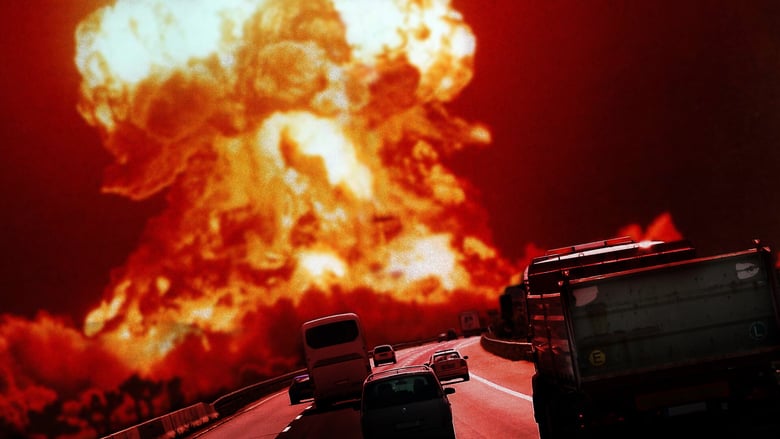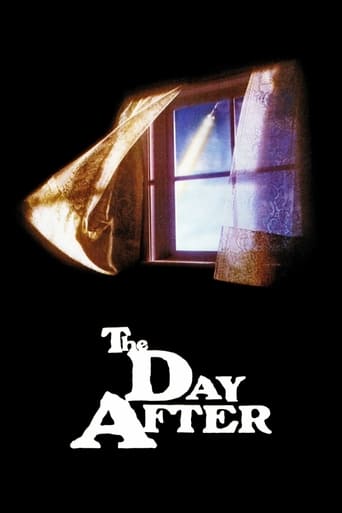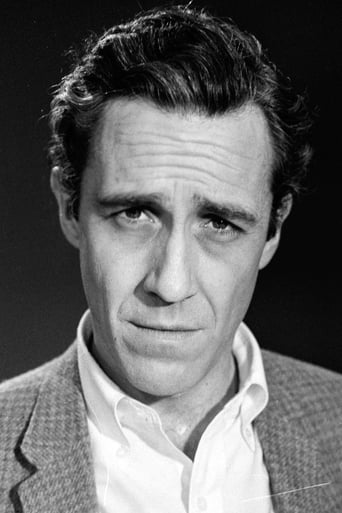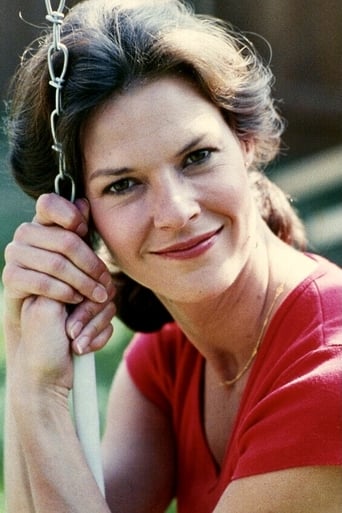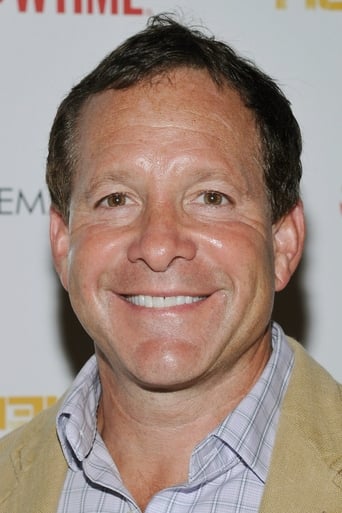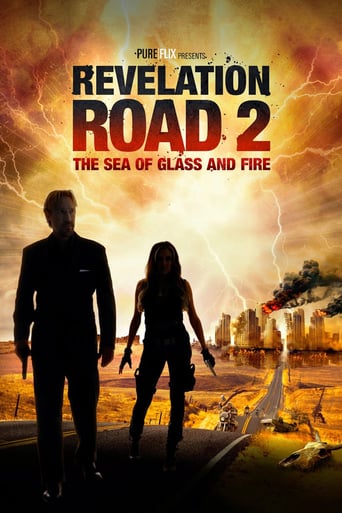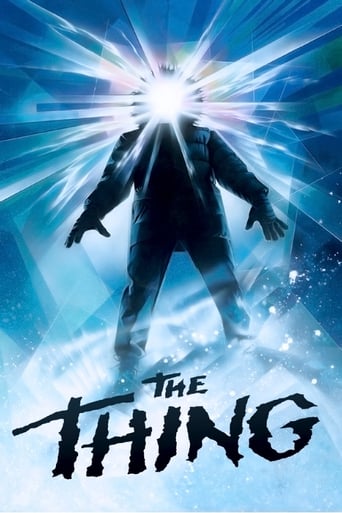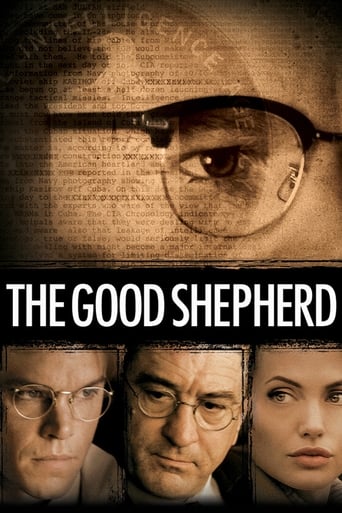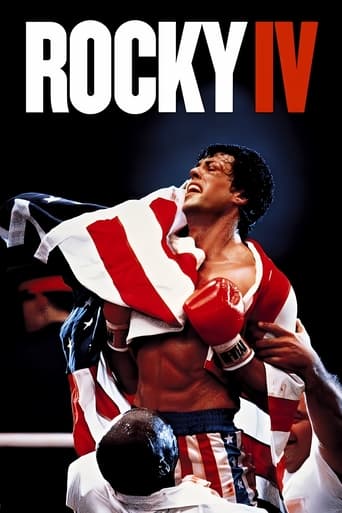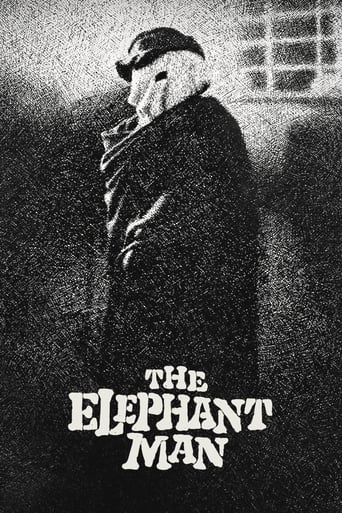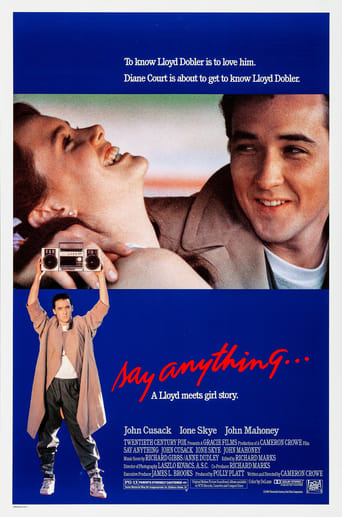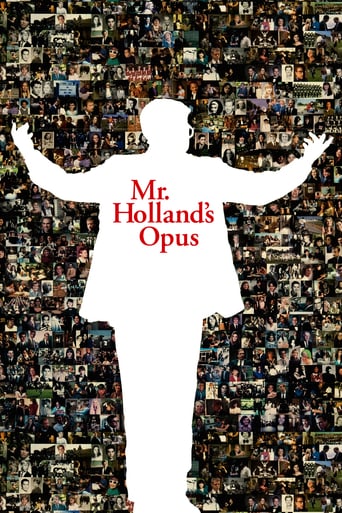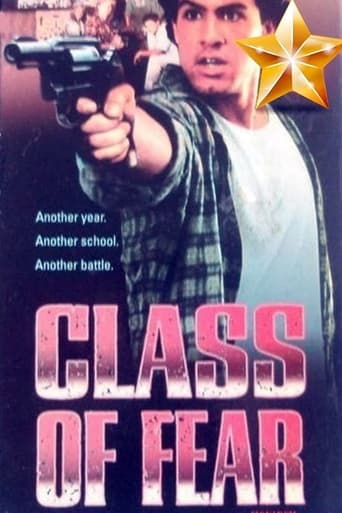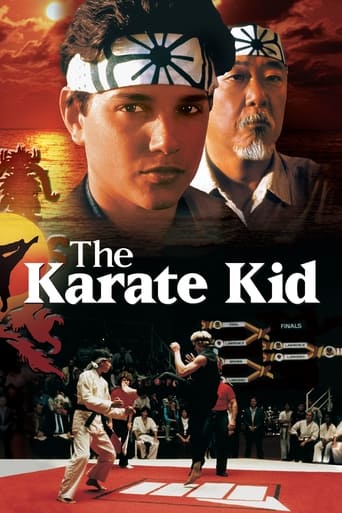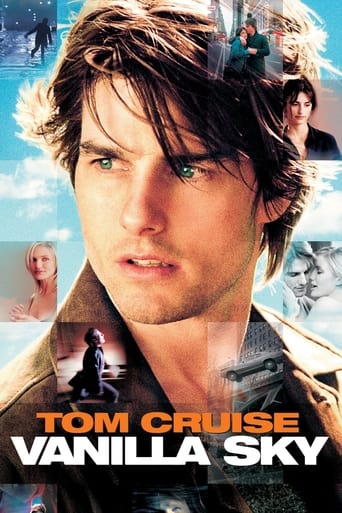The Day After (1983)
In the mid-1980s, the U.S. is poised on the brink of nuclear war. This shadow looms over the residents of a small town in Kansas as they continue their daily lives. Dr. Russell Oakes maintains his busy schedule at the hospital, Denise Dahlberg prepares for her upcoming wedding, and Stephen Klein is deep in his graduate studies. When the unthinkable happens and the bombs come down, the town's residents are thrust into the horrors of nuclear winter.
Watch Trailer
Free Trial Channels
Cast


Similar titles
Reviews
This is How Movies Should Be Made
Although it has its amusing moments, in eneral the plot does not convince.
The first must-see film of the year.
Excellent characters with emotional depth. My wife, daughter and granddaughter all enjoyed it...and me, too! Very good movie! You won't be disappointed.
I was in the USAF stationed in Spain when this came out. I was very interested in this show because I had just left Whiteman AFB about a year earlier. I was disappointed in the realism. Being a "missile troop" at Whiteman, I knew what would happen to the areas where the missile sites were and the importance of the KC metro area. The only way in the world anyone would be able to get from west Missouri to KU med center is if many of the Russian missiles never hit their targets. Those that didn't die in the initial explosions, would die from the blast waves and the EXTREME amount of radiation from all those missiles would kill them in days.
It starts with uneventful everyday life of various people around Kansas City as well as military personnel. There is elevating Cold War rhetoric. A struggle for Berlin gets out of hand as each move pulls both sides into an all-out nuclear war. Dr. Russell Oakes (Jason Robards) is a surgeon on his way to lecture at the university. He reaches the university hospital where nurse Nancy Bauer (JoBeth Williams) works. Professor Joe Huxley (John Lithgow) leads a group of students. Farmer Jim Dahlberg (John Cullum) and his family in rural Missouri changes from preparing for his daughter's wedding to preparing his basement to hide from the fallout. Hitchhiker Stephen Klein (Steve Guttenberg) finds shelter with the Dahlbergs.I remember a lot of hype about this movie at the time. The pre-nuclear stories run too long. The characters don't actually need to be colored in so much beforehand. The nuclear war can start much earlier after some simple introductions to the main characters. The tension ramps up after 30 minutes culminating in nuclear blasts at about an hour. It's reminiscent of some of the 70s disaster movie. There are some rudimentary special effects. They have a lot good big productions and great especially for a TV movie. It may have influenced some but it doesn't really deliver anything new.
Fairly decent nuclear war film. I thought the first hour was the best as we got to know the characters. Then when it all kicked off it did make me feel quite paranoid about the prospect of nuclear war so it was effective in that manner. It is quite a terrifying prospect and watching this film made me realise how easily mistakes can be made and wars can be entered into.However, once the bomb had been dropped I found it became very slow and kind of pointless. I really didn't get much out of it after that point and the bomb is only dropped about half way through. I'm not sure how realistic it was after this point either as everyone seemed to believe they had a chance to survive even if they had already been outside and infected by radiation. I always presumed it was guaranteed death. Certainly by the end of the film there was no suggestion that any of the characters were going to survive. Overall it is effective but I wouldn't want to watch it again due to the second half being a bit dull and very bleak.
I don't know not with what weapons World War III will be fought, but World War IV will be fought with sticks and stones. Why because nuclear war is just horrible destruction. The Day After is a graphic, disturbing film made to TV movie aired on ABC in the 1980's that show the effects of a devastating nuclear holocaust on small-town residents of eastern Kansas when World War III break out between the Soviet Union and the United States. It's well-made TV movie (the most watched in US history) about a full nuclear attack on the USA. Directed by Nicolas Meyers, the attacks come quick, and sudden so there isn't much action in the film itself. This movie does a pretty good job at depicting what an aerial blast might look and feel like. I could imagine that's what one seen from far off would be like. Anti-climatic, almost, sorta just a crack and a rumble as it developed. The whole bombing scene, was nearly 5 minutes long and before that point, nearly an hour to establish the characters and plot. So if you looking for action, this isn't your film. The rest of the film mostly focuses on the residents of Lawrence, Kansas, and Kansas City, Missouri, as well as several family farms situated next to nuclear missile silos in the aftermath. These characters are pretty interesting characters both before and after the blast. There is a who's who of 1980's actors portraying them. There is Dr. Russell Oakes (Jason Robards) and Nurse Bauer (JoBeth Williams) who works in the hospitals in Kansas City and in Lawerence. There is Joe Huxley (John Lithgow), a science professor that helps explain more of the fall out causes such as losing hair. Last character worth noting is University of Kansas student Stephen Klein play by Steve Guttenberg. While, the acting is mediocre at best, as less the characters had little bit of depth. While the story provides no specifics about other cities, it strongly suggests that America's cities, military, and industrial base are heavily damaged or destroy. The film was written by Edward Hume. Allegedly, the US Department of Defense would only co-operate with the movie makers if it was made clear that the Soviets fired first. Sounds about right, even if that caveat seems to have been ignored. I know Nicholas Meyer wanted to leave the "who shot first," but the first mention of nuclear weapons is the US firing on advancing Soviet troops with a Soviet nuclear response. The idea of making a TV movie showing the true effects of nuclear war on average American citizens stir up controversy. Not many people know that ABC Censors cut more than 2 1/2 hours of the film and change huge chunks of the script to make it more sanctified for public consumption. A real nuclear war would be far more dangerous and disturbing than what is betrayed here. So the movie lost a lot of steam needed to make this more realism. The movie had so much so controversial that children's entertainer Mr. Rogers dedicated five episodes of his television program to talk to young children who had seen the movie on television. While, the explosion look amazing, but if you look closer at it, you can see the film using a lot of stock footage of nuclear blast test videos. Further stock footage was taken from news events such as fires and explosions. I think the worst part was when the film use the 1979 theatrical film Meteor in one scenes, such as a bridge collapsing and the destruction of a tall office building. Brief scenes of stampeding crowds were also borrowed from the disaster film Two-Minute Warning (1976). Other footage had been previously used in theatrical films such as 1977's Damnation Alley and 1978's Superman. It felt like a rip-off, or a lazy job. This movie did indeed changed the course of history. It commanded record-number viewers the night it was broadcast in the US. The USSR allowed it to be broadcast in the Soviet Union and shown on movie theater screens for those who didn't have TV's. Afterwards, in the US, President Reagan said he "never felt so depressed." In the USSR, stunned citizens came out of their homes and theaters with candles. Reagan and Gorbechav called each other. The rest of the outcome is history. The Cold War ended, as less for now. Overall: The movie was nowhere near as good as BBC Channel's 1984 nuclear holocaust TV movie 'Threads', but 'The Day After' overall, reach a bigger audience. The day after feels all the same like a poor take on threads- to the point where as an afterthought the makers of it feel the need to inform us that truth is bound to be more severe. Threads does precisely this: it portrays all the inexplicable dismal grimness to ensue. Threads is pure horror, the worst nightmare coming true, how nuclear devastation will really not only look, but feel like. Here it's like a PG-13 horror movie, while Threads is Rated R version, and more like if it really happens. Still, check it out, and understand why there should never ever be a Nuclear War.

